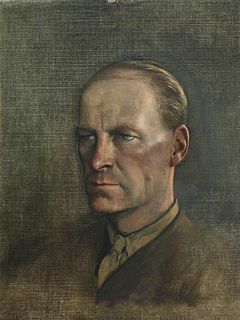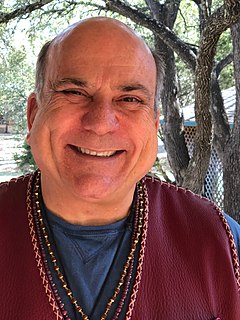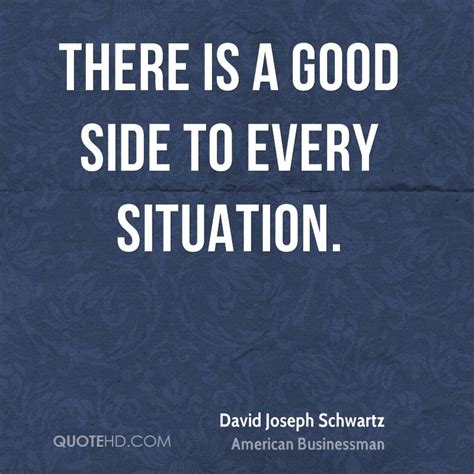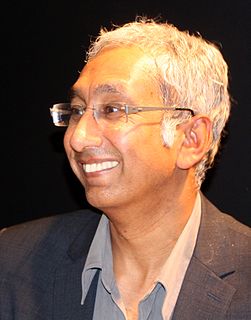A Quote by Nas
Mind's in another world thinking how can we exist through the facts
Related Quotes
What are the facts? Again and again and again – what are the facts? Shun wishful thinking, ignore divine revelation, forget what “the stars foretell,” avoid opinion, care not what the neighbors think, never mind the unguessable “verdict of history” – what are the facts, and to how many decimal places? You pilot always into an unknown future; facts are your single clue. Get the facts!
I have great hope and faith, but it's a humanistic faith based in facts; you have to believe that facts exist. We can all arrive at the same facts if we engage in the process of experimentation, observation, and verification, which can solve more of the world's major problems than a debate over whether God does or doesn't exist.
Only through the medium of the public physical world can the mind of one person make a difference to the mind of another. The mind is in its own place and in each of us lies an inner life, the life of a ghostly Robinson Crusoe. People can see, hear, and jolt one another's bodies, but they are irremediably blind and deaf to the workings of one another's minds
"Facilitate my thinking" means thinking about who I am as a human being in relation to the world around me. It's how I position myself, how I navigate through this world. That to me is thinking. It is also exhausting to constantly be making art that in some ways responds to the conditions of the world around you. I gave myself permission to turn all of that off, and to lose myself in work.
When it comes to making more money, most people look at the world and see the same opportunities they've seen before: typically, a job. Because they don't awaken their mind and expand their vision, they don't see other opportunities. Yet opportunities do exist. So how do you change your thinking so you can see them? One way to jolt the brain out of its preconceived category thinking is to bombard it with new experiences.
It's amazing how much information is coming at us most of the time through technology, the media and the busyness of the world around us. I've decided that the world probably isn't going to change, so I have to change. I'm learning how to keep my mind on what I'm doing, rather than thinking about several things at once or what I want to do next.
Look, boys, it ever strike you that the world not real at all? It ever strike you that we have the only mind in the world and you just thinking up everything else? Like me here, having the only mind in the world, and thinking up you people here, thinking up the war and all the houses and the ships and them in the harbour. That ever cross your mind?
We speak of facts, yet facts exist only partially to us if they are not repeated and re-created through emotions, thoughts and feelings. To me it seemed as if we had not really existed, or only half existed, because we could not imaginatively realize ourselves and communicate to the world, because we had used works of imagination to serve as handmaidens to some political ploy.
The really important facts were that spatial relationships had ceased to matter very much and that my mind was perceiving the world in terms of other than spatial categories. At ordinary times the eye concerns itself with such problems as where? — how far? — how situated in relation to what? In the mescaline experience the implied questions to which the eye responds are of another order. Place and distance cease to be of much interest. The mind does its perceiving in terms of intensity of existence, profundity of significance, relationships within a pattern.
Moral questions may not have objective answers-whether revealed by God or by science-but they do have rational ones, answers rooted in a rationality that emerges out of social need. That rationality can only be discovered through exercising the human potential for rational dialogue, the potential for thinking about the world, and for discussing, debating and persuading others. Values can never be entirely wrenched apart from facts; but neither can they be collapsed into facts. It is the existence of humans as moral agents that allows us to act as the bridge between facts and values.




































